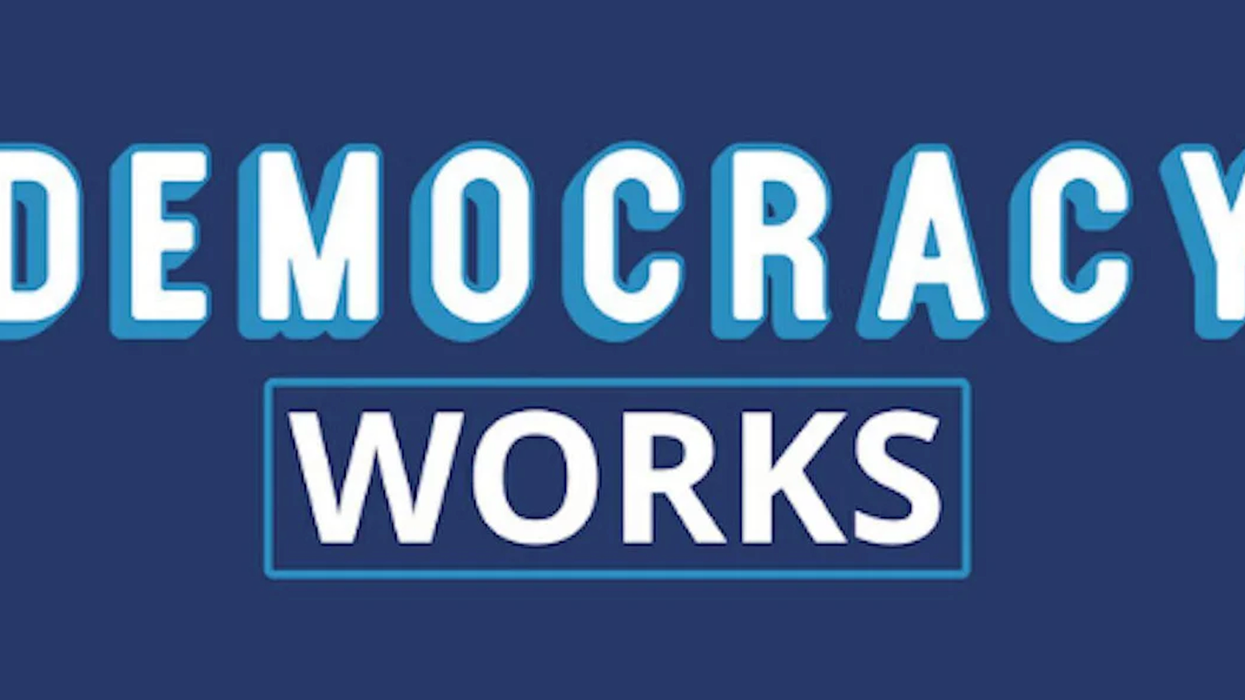Generational politics have been discussed on Democracy Works with past episodes on Millennials and Baby Boomers. This episode focuses to Gen Z, those born from the late 1990s to early 2000s. This generation's formative experiences include school shootings, a global pandemic, and reckonings with racial and economic inequality. In his book Fight: How Gen Z is Channeling Their Fear and Passion to Save America, John Della Volpe argues that Gen Z has not buckled under the weight of the events that shaped them.
Podcast: Gen Z's fight for democracy




















Trump & Hegseth gave Mark Kelly a huge 2028 gift